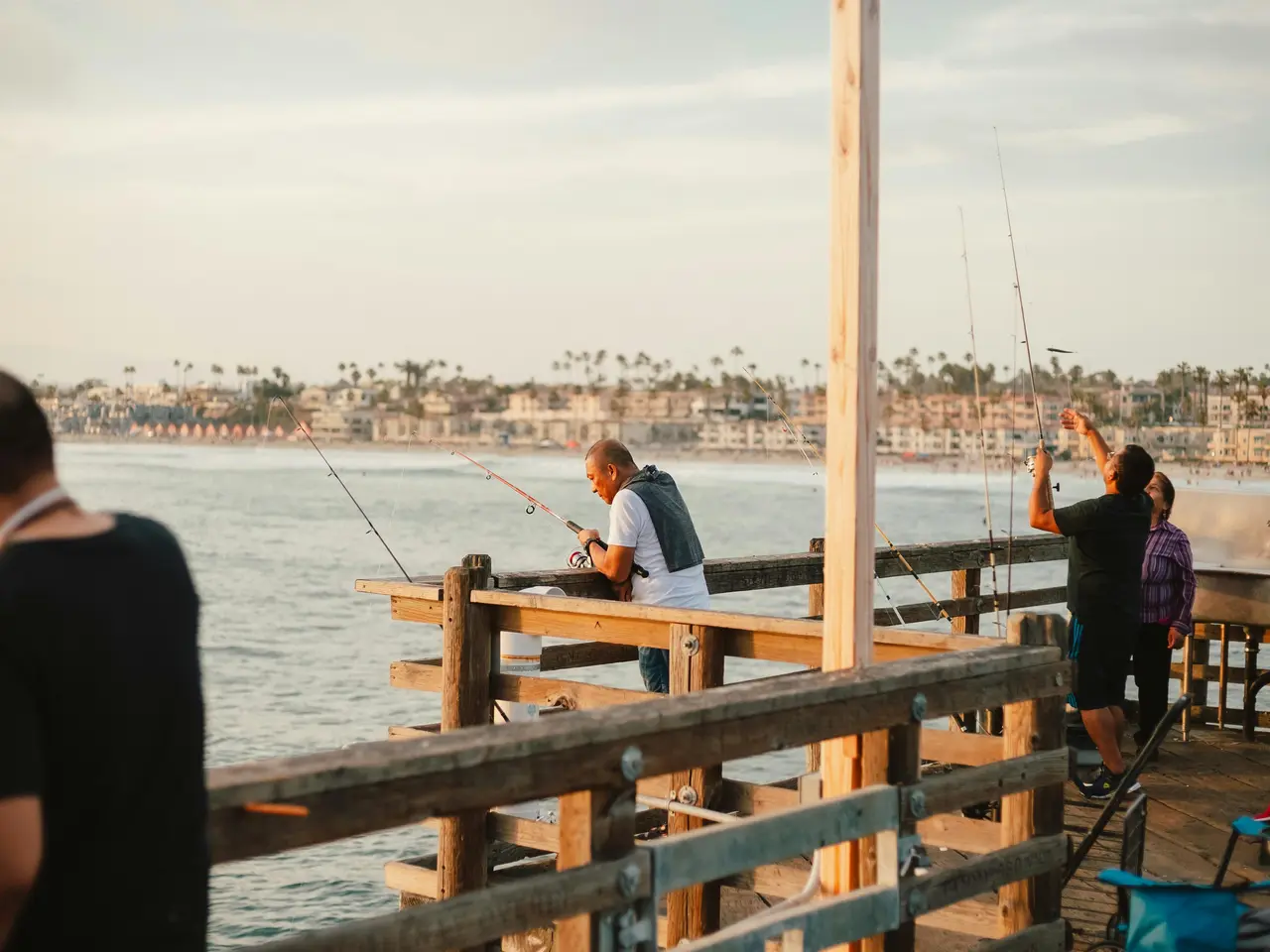Individual Forfeits Massive Prize at Gambling Establishments Due to Prior Self-Imposed Restriction from Such Venues
Casino Wins or Losses? More Than What Meets the Eye
Gambling can often be a rollercoaster of excitement, but sometimes, it's more than just a game of chance. Last weekend, a man's big win at Parx Casino in Bensalem, Pennsylvania, turned into a loss, all because he was on the self-exclusion list.
Despite winning a whopping $57,000 jackpot, the casino refused to shell out the cash. Why? Because the patron's name was on Pennsylvania's self-exclusion list.
Now, you might be thinking, "What's a self-exclusion list?" Well, in the Keystone State, individuals have the power to ban themselves from one or all of fantasy sports, internet gambling, video gaming terminals (VGTs), and casinos. These bans can last for as short as a year or as long as a lifetime, and it's all up to the person choosing to self-exclude.
Violating the terms of self-exclusion comes with a price. You may lose your winnings, and you might even face other legal issues. For instance, the jackpot winner in our story was also given a citation for criminal trespassing.
Interestingly, a similar scenario unfolded at MGM Grand Detroit last year, but with a twist. A 65-year-old woman named Denise Ezell sued the casino after they refused to pay her a $127,000 progressive blackjack jackpot win from October 2023. The casino claimed she had been banned eight years earlier due to allegations of panhandling. However, she argued that she had only had a dispute with her cousin over money and continued visiting the casino in the following years. She insists it was only after her jackpot win that the casino claimed she was trespassing.
The stakes are high for both individuals and casinos when it comes to self-exclusion. Casinos can face significant fines if they allow someone on the list to gamble. For instance, BetMGM was fined $260,905[1] for such violations, and another operator received a $50,000 fine[2].
From an ethical standpoint, gambling while on self-exclusion can be detrimental to personal efforts to manage gambling problems. It can lead to financial and emotional distress, as well as legal complications if discovered.
Moreover, individuals may choose to litigate if they feel their self-exclusion status was not respected, potentially leading to further legal complications for all parties involved, as seen in recent lawsuits against operators like DraftKings[3][5].
So, next time you hear about a big casino win, remember, it might not always be a cause for celebration, especially if the winner shouldn't have been there in the first place.
[1] Fine against BetMGM: https://www.phillyvoice.com/betmgm-fined-261000-pennsylvania-gambling-control-board/[2] Fine against an unnamed operator: https://www.playpennsylvania.com/news/pa-casino-fined-50k-for-allowing-self-excluded-player-to-win-big-at-online-gambling-site/[3] Lawsuit against DraftKings: https://www.usgamblingsites.com/blog/draftkings-lawsuit-after-licensure-revocation/[4] Pennsylvania's Self-Exclusion Program: https://gamingcontrolboard.pa.gov/ nodes/view/self-exclusion[5] Self-Exclusion and Gambling Addiction: https://www.gamblersanonymous.org/learn/how-it-works/self-exclusion
- In Pennsylvania, individuals have the option to exclude themselves from various forms of gambling, including casinos, video gaming terminals, fantasy sports, and internet gambling.
- Violating self-exclusion can lead to confiscation of winnings, as well as legal consequences such as criminal trespassing charges.
- The stakes are high for casinos too, as they risk significant fines if they allow self-excluded individuals to gamble.
- Denise Ezell, a woman from Michigan, sued the MGM Grand Detroit in 2023 after they refused to pay her a jackpot win, claiming she had been banned eight years prior due to allegations of panhandling.
- Sports betting trends have also seen individuals ignoring self-exclusion, leading to legal disputes, as seen in cases against operators like DraftKings.
- Gambling while on self-exclusion can be detrimental to personal efforts to manage gambling problems, potentially leading to financial, emotional, and legal distress.








